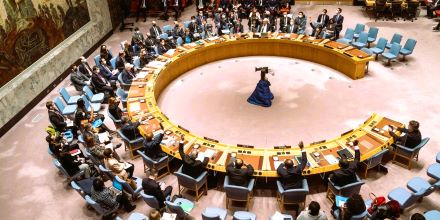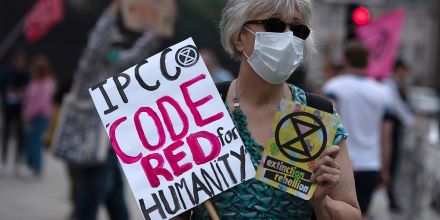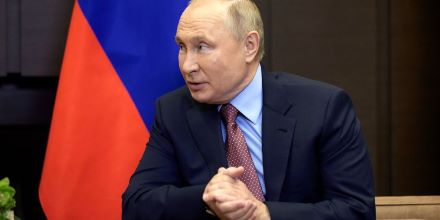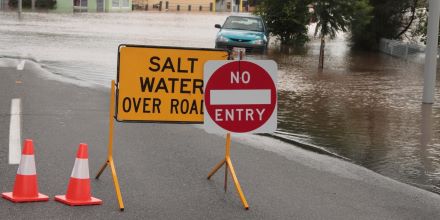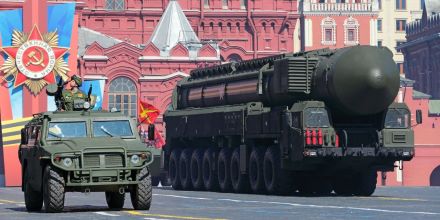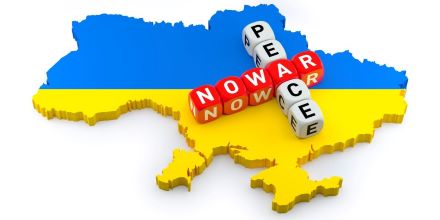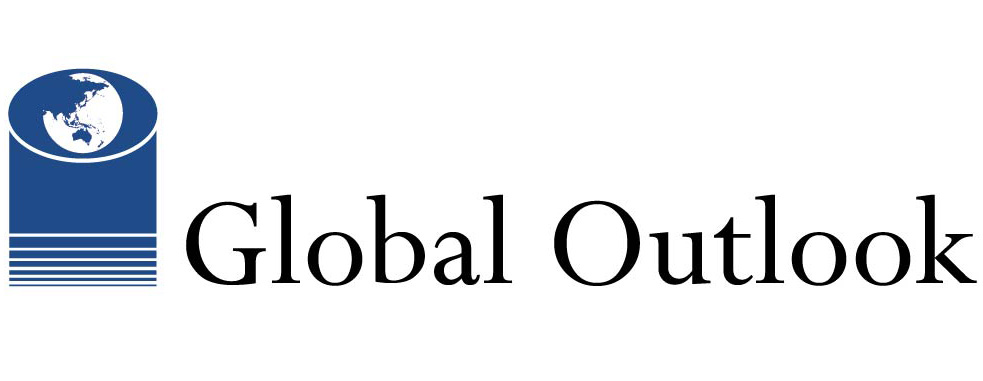
Curated expert opinion on intractable contemporary issues
India’s Stake in the Ukraine Conflict
By Ramesh Thakur | 10 March, 2022
On 25 February, the United Nations Security Council voted on a draft resolution condemning Russia’s invasion of Ukraine and calling on it to stop the attack and withdraw its troops. Sponsored jointly by the US and Albania, the resolution received the affirmative vote of 11 of the council’s 15 members. But it was defeated by the solitary negative vote of Russia (by chance the council president for February) as a veto-wielding permanent member. The three countries to abstain were China, India and the United Arab Emirates.
What Do We Know About Climate Change, Peace and Conflict?
By Tobias Ide | 08 March, 2022
The impacts of climate change on peace and conflict are high on the agenda of policy makers and the general public. From UN Security Council debates about climate change and security to comics about the impact of drought on the Syrian civil war, interest in the topic has grown immensely in recent years. If challenges like the COVID-19 pandemic have taught us anything, it is the importance of science in addressing global problems. So, what is the scientific evidence on climate change, peace and conflict?
Putin’s War in Ukraine: How To Get Out of the Catch-22 Situation?
By Herbert Wulf | 06 March, 2022
War is back in Europe. What a shock. At the beginning of the year we asked ourselves: Are we back in the Cold War? Now it’s a hot war. It’s not the first war in Europe: Northern Ireland, several Balkan wars, Georgia, Moldova. This time, it seems we are back in the old block confrontation. Western politicians and media call it the third historical turning point after the fall of the Berlin Wall and 9/11.
Tiny Pacific Atolls Battered by King Tides as IPCC Makes Big Waves
By Volker Boege | 05 March, 2022
On 25 February, the government of the Autonomous Region of Bougainville in Papua New Guinea (PNG) declared a State of Emergency in the Atolls Constituency of the region. On 28 February, the Intergovernmental Panel on Climate Change (IPCC) released its latest climate science report. While the state of emergency in Bougainville was hardly noticed internationally, the release of the IPCC report drew comprehensive international attention
Five Genuine Nuclear Dangers For Us All
By Tanya Ogilvie-White | 01 March, 2022
Russian president Vladimir Putin overnight ordered the defence minister and the chief of the military to put nuclear deterrent forces in a “special regime of combat duty”, possibly referring to readying tactical nuclear forces. This could of course be a bluff, but Putin has demonstrated on numerous occasions he has a cavalier disrespect for human life and for the planet, and that he is willing to take extreme risks to achieve his strategic goals.
Director’s Statement: Responding to the Invasion of Ukraine
By Kevin P. Clements | 28 February, 2022
As a peace researcher for over 40 years, it appals me that in 2022 we are trying to make sense of an outmoded 20th century invasion aimed at changing borders and seizing sovereignty. This war is the most blatant act of cross border aggression that I have seen since the Second World War and a major contravention of the UN Charter.
The views and opinions expressed in Global Outlook are those of the authors and do not necessarily reflect the official policy or position of Toda Peace Institute.
